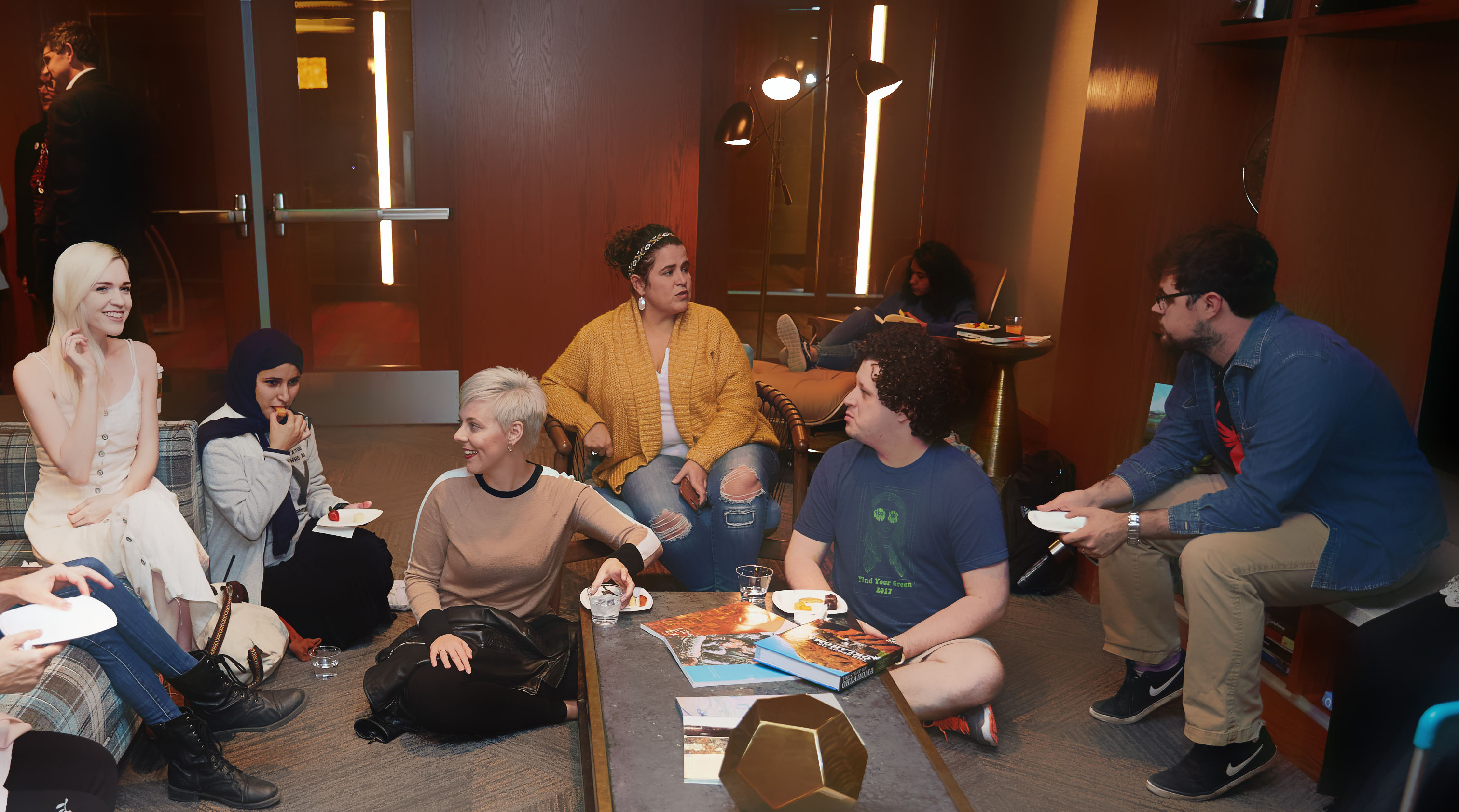You’ve worked painstakingly for years on your thesis or dissertation — the scholarly key to completing your graduate degree, securing a possible first book deal, and making inroads toward faculty status somewhere. As you are about to submit your pièce de résistance to SHAREOK, you are confronted with the realization that your dissertation is about to be made openly available online to readers all over the world. Hurrah! And GULP!
Because your dissertation will be available online, you may have questions and concerns about the choices you’ll need to make, specifically about embargoes. These concerns can be daunting, and you definitely don’t want to be thinking about them for the first time when you are rushing to submit your dissertation to SHAREOK. We want you to begin thinking about public access to your dissertation early in your process.
Should you embargo your thesis or dissertation?
No:
Making your work available to be read online immediately has many advantages in addition to promoting the dissemination of research that is a principle of OU’s graduate programs:
- It establishes when your work was created and published, which can help combat plagiarism and enforce your copyright.
- Open access to your work can help build your academic reputation.
- When your work is openly available it is more findable and more easily cited.
Yes:
There are circumstances, however, that would warrant an embargo of your thesis or dissertation:
- situations where there would be a disclosure of patentable rights.
- ethical concerns, such as protecting subjects or protecting yourself.
- a book/journal publisher has demanded it (which is rare; read on).
Embargoes and Publishing

Certain publishers in particular disciplines may consider dissertations to be prior publications, and/or limit their consideration of a subsequent journal article or book manuscript based on the dissertation. Some authors may, therefore, wish to embargo due to concern that open access availability will impact consideration of subsequent publications derived from their dissertations.
Note that this is untrue for the majority of publishers:
- To the contrary, academic publishers typically view prior open access publication as a means to improve acceptance for a book deal due to increased awareness of your work.
- While numbers vary significantly by discipline, there have been several studies that indicate that more than 90% of university presses will consider an open access dissertation for book publication. However — again reinforcing the need for discipline-specific guidance making your decision — publishers in some specific fields indicated they would never consider for book publication a manuscript based on a publically available dissertation. The study found a strong correlation between the size of the university press and willingness to consider manuscripts on a case by case basis, with larger presses indicating they would always review such proposals
- Keep in mind, too, that your dissertation will be revised and rewritten significantly if/when you shape it into a manuscript for a first book. Most publishers accordingly view this as an entirely new work. A recent study found that only 3% of dissertations were actually a close match to the resulting book.
- If you are instead concerned about acceptance for future journal articles rather than books, take a look at the guidelines for the particular journals in which you're interested. You can check publishers’ permissions on their websites, on this web page, or in SHERPA/RoMEO. You’ll find that most journal publishers do not count theses, dissertations, or preprints as prior publications. And again, most articles vary substantially from a dissertation. A recent article, Transforming Your Dissertation Into a Published Article, explains this.

Ultimately, you should check with your advisors and the guidelines of the publishers you are considering. It is important to familiarize yourself with the policies in your field.
And remember to familiarize yourself with the Graduate College's Embargo Policy for Theses and Dissertations, in section 1.5 of the Graduate College Bulletin.